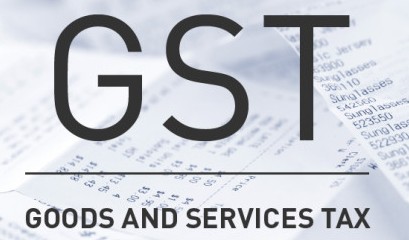

One Year Of GST: Critics Must Eat Their Words
It is one year since the landmark reform GST was introduced in India to subsume 17 taxes and 23 cesses. It was called the good and simple tax by PM Modi and was expected to bring a plethora of benefits to the economy and the countrymen. Although it was introduced hastily without the groundwork required to launch such a huge reform having been completed, it needs to be stressed that no tax structure can be fine tuned to be absolutely glitch-free before its launch. It is only after some months or even years of being in place that tax systems can be made stable. If we keep that in mind, GST is a huge success.By Sunil Garodia
First publised on 2018-07-04 08:24:34
It also needs to be kept in mind that since most state levies were being subsumed in GST, revenue loss after its implementation would have meant that the states would have suffered and would have called for going back to the old system. Hence, the initial rates were kept high to make them revenue-neutral. Now that compliance has improved (and will improve further as simplification of the filing and reporting process goes on) and collections have surpassed expectations, we can expect rates to be lowered. Despite the prime minister saying that milk and Mercedes cannot be taxed at the same rate, we can also expect rationalization of the tax slabs. At present, there are six slabs of 0%, 5%, 12%, 18%, 28% and 28% plus cess. In future, we can hope for just four slabs.
Since the states have gained from the implementation of GST, it should now be impressed upon them that it is necessary to bring petroleum, alcohol, real estate and electricity duty under the net. The Centre should also think of doing away with exemptions and bring all goods and services under GST. Keeping products and services away from any tax system or granting exemptions to some, leaves room for tax avoidance. Since invoice matching is going to be introduced from September 2018, ideally all goods and services must be brought under the net.
It is heartening that the e-way bill system has been implemented without glitches. It will go a long way in reducing corruption at state border and ensure faster movement of goods. Now, the GST Council must gear up to rectify the remaining administrative problems. The problems might even multiply once invoice matching starts. So the council must ensure that the backend remains robust and glitches do not wash away the gains of the last 12 months.











